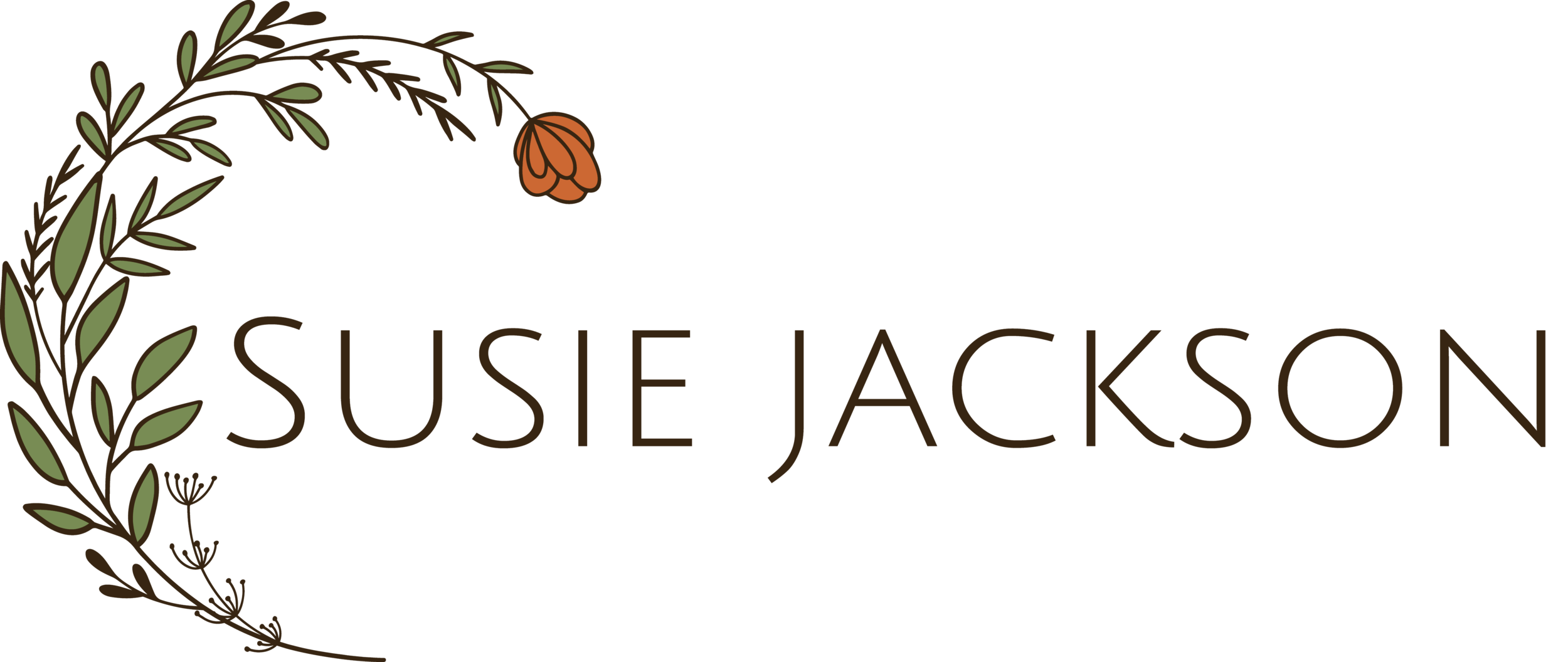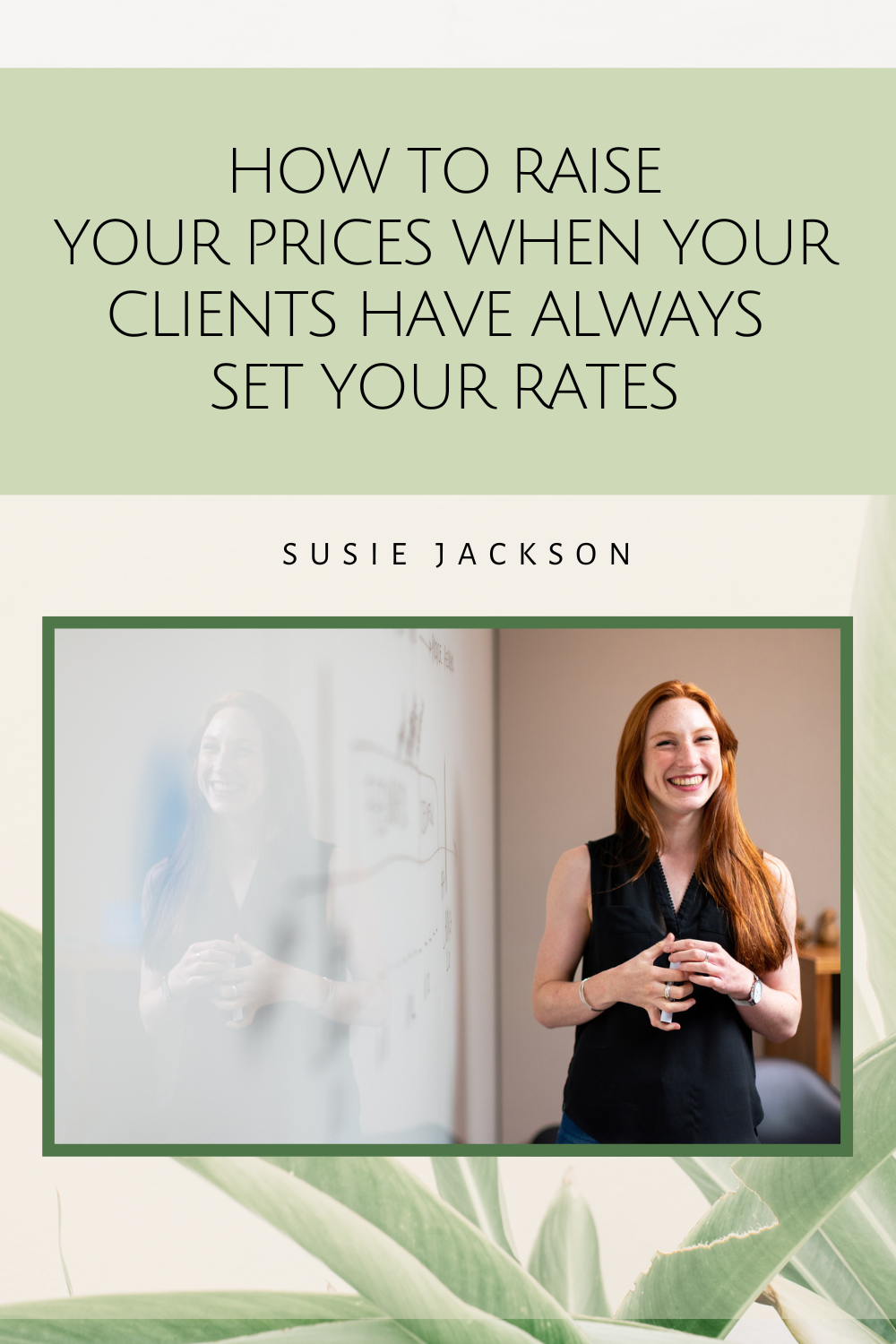Small Business Success – Why Your Version of Success Will Affect Your Business Finances
Your version of success will inevitably have an impact on your business finances. At least, that’s how it should be. But all too often I see people getting wrapped up in other people’s ideas of success rather than focusing on their own.
It’s hardly surprising really, given today’s society seems to associate success with a monetary figure. How many times have you seen promotions featuring small business owners who have made six-figure sums in their first year? For most of us, this isn’t realistic, nor should it necessarily be aspirational.
I was discussing the notion of success with one of my mentees a little while ago. Although she was smashing her income goals, she wasn’t enjoying her work, and this was having a negative impact on her personal life. We therefore went back to the beginning. We looked at what success meant to her before considering how she could adapt her business to fit her idea of success as opposed to someone else’s.
I find that freelancers and small business owners can get hung up on financial gain when that might not be what really matters to them. Of course, the numbers are important, but they need to be contributing to your vision for your business. Making lots of money is great, but only if how you’re doing it is sustainable and leaves you feeling satisfied.
With this blog post, I’m encouraging you to think about what success means to you, as well as whether or not your business is heading in the right direction to help you achieve it.
Small business success
Success looks different to each and every one of us. Having said that, from working with my mentees, I’ve noticed that it usually falls into one of three categories. The details vary, but the broad themes tend to be as follows:
1) Financial freedom
If your idea of success falls into this category, you’d like to feel financially comfortable so you can afford anything you want without ever having to worry about where the money will come from. You’re willing to put the work in and do what it takes to reach that position.
You might want the big house, the nice car and luxurious holidays to far-flung destinations. In this case, a six-figure income might well be what success means to you, and there’s absolutely nothing wrong with that.
If your work makes you happy and the numbers in your business enable you to achieve this goal in a way that’s sustainable for you, then great!
What it’s important to be aware of is that this isn’t the only form of success…
2) Full-on flexibility
For some people, success might come in the form of how flexible they can be in their work.
You might fall into this category if your number one priority is having time for family and friends or to dedicate to other projects and causes. Perhaps money was never the driving factor for starting your business. You might not be dependent on your income, and any money you make from your business may be a bonus.
People often find themselves in this position when their other half makes enough money for the household and there are children or elderly relatives who need to be cared for.
This can be a difficult one because, as your business grows, you might struggle to find the right balance that allows you to dedicate time to all the things you wanted to when you started out.
3) The best of both worlds
This is possibly the category that most people fall into. You want the best of both worlds if your idea of success is earning enough from your business so you never feel under financial pressure and are always able to pay for the things you need, without having to work long hours.
This can also be a tough balancing act. You’re trying to make enough money to feel comfortable and financially independent while also attempting to avoid working all the time.
Freelancers and small business owners who come under this category often find it hard to say no to work. It isn’t easy to turn down money when that is precisely what will help you obtain that feeling of financial security. If you’re one of these people, I would say that if working longer hours for financial gain is a one-off, that’s OK. It’s when the longer hours become a habit that it’s a problem, especially when working longer hours doesn’t fit with your idea of success.
Of course, depending which of these camps you fall into, your financial goals will be different. They will not only affect your pricing strategy but also how organised you need to be with your business finances, as well as the kind of clients you choose to target.
For example, if you come under the full-on flexibility category, you might be able to allow yourself to pursue those clients who you love working with but who tend not to have much disposable income. If you’re focused on financial freedom, you might want to concentrate your efforts on customers with larger budgets. Or if you’re aiming for the best of both worlds, you might be looking for those clients who tend to pay fairly well and are unlikely to have too many urgent demands.
Either way, the first step in making sure your business aligns with your version of success is to stop and reflect. How are things working at the moment, and what might you like to change? If you do decide to make a shift, once you've identified what needs to happen, you can begin to implement those changes so you don't continue on your current path without intention.
As part of my ongoing mentoring programme Shift to Success, I help freelancers and small business owners identify what success means to them before making the necessary changes to ensure their business aligns with their values and priorities. If you’d like to get clear on the direction your business is heading in and would like to find out more, click on the button below.
Hi, I’m Susie
I mentor freelancers on pricing and business finances so you can earn a decent living doing what you love.
I’m a translator, editor, chocoholic, crochet addict, animal lover, and budding gardener (get it?) who loves empowering others to achieve their goals.













